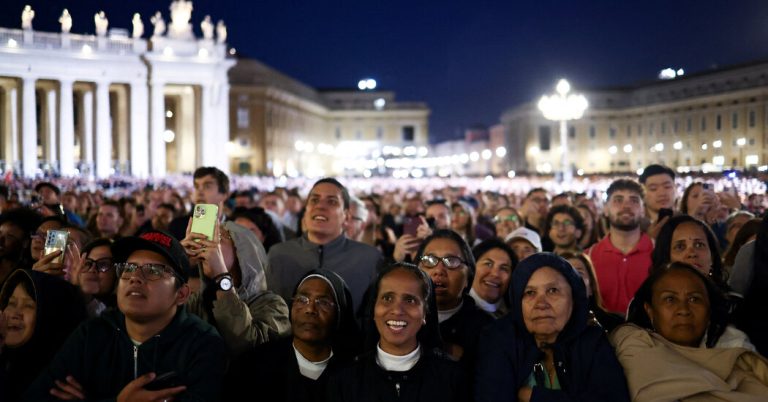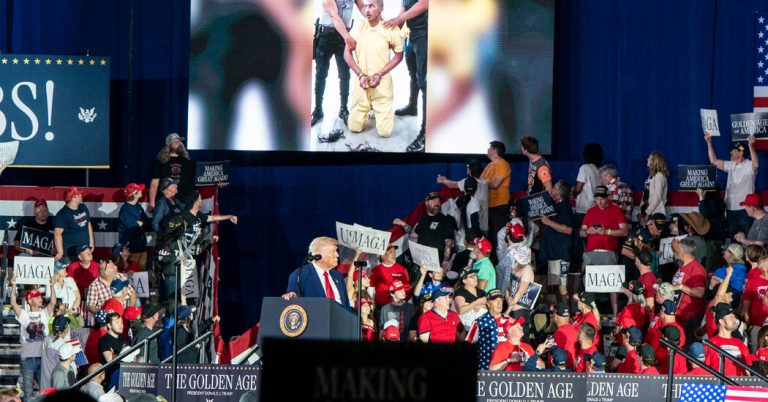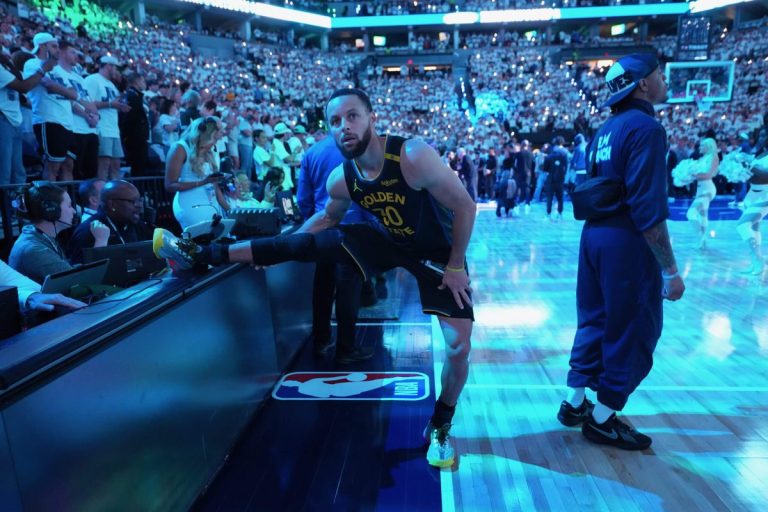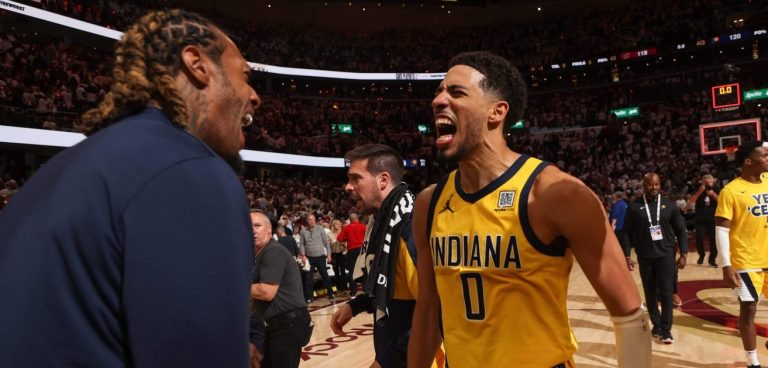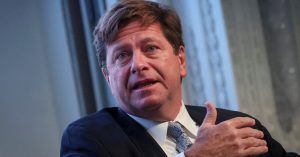Ross Douthat, a Times Opinion columnist, hosted an online conversation with Michael Brendan Dougherty, a senior writer at National Review, and Dan Hitchens, a senior editor at First Things, to discuss conservative Catholic hopes and fears for the papal conclave that begins on Wednesday and for the next pontificate.
Ross Douthat: Gentlemen, thanks for joining me. This is the third papal conclave of my adult lifetime, but the first one that conservative Catholics come to more as outsiders hoping for change rather than supporters hoping for continuity. Before we start handicapping, I’m curious how you think the conservative relationship to Rome and church authority changed during Pope Francis’ pontificate. What has it meant for conservative Catholicism to be in tension with a liberalizing pope?
Michael Brendan Dougherty: After the Second Vatican Council in the 1960s, many conservative Catholics felt themselves in conflict with their local bishops, who often pushed beyond the official changes of the council to embrace a more nebulous spirit of reform. The orthodox statements from Rome under John Paul II and Benedict XVI (usually written by the same man, Cardinal Joseph Ratzinger) became their proof of the church’s indefectibility and infallibility. Many have spent the Francis years revising their understanding of those doctrines.
Dan Hitchens: A lot of conservative Catholics had a sense that if the pope says it, I agree with it — which wasn’t quite Catholic teaching on the authority of the papacy, but was a kind of half-truth that seemed harmless. With Francis that was turned upside down, because he appeared to call into question so many aspects of church doctrine. That has produced quite a big psychic shock among conservative Catholics, and perhaps driven a few people slightly mad. But mostly it has prompted some more intellectual honesty and some valuable rethinking of how to relate to Rome.
Douthat: Dan, where does that rethinking go? Is it possible to have a stable view of the limits of papal authority, even to criticize a pope, and still have a conservative understanding of doctrine?
Hitchens: It is harder to have a simple, clear-cut view of papal authority. But in many ways Francis made it easier, because his most controversial statements were ambiguous and his most controversial gestures didn’t translate into action. For instance, he clearly raised hopes that he would allow married priests, and then dashed those hopes. So it is possible to say the pope has absolute authority when he chooses to use it, but Francis chose not to.

